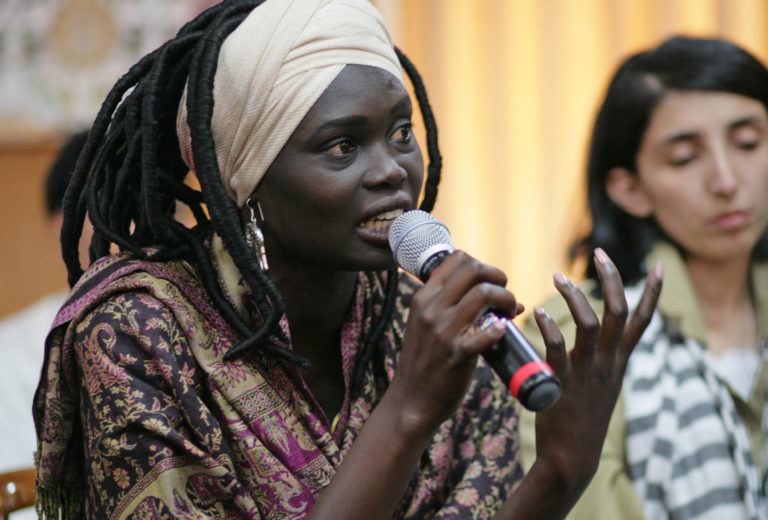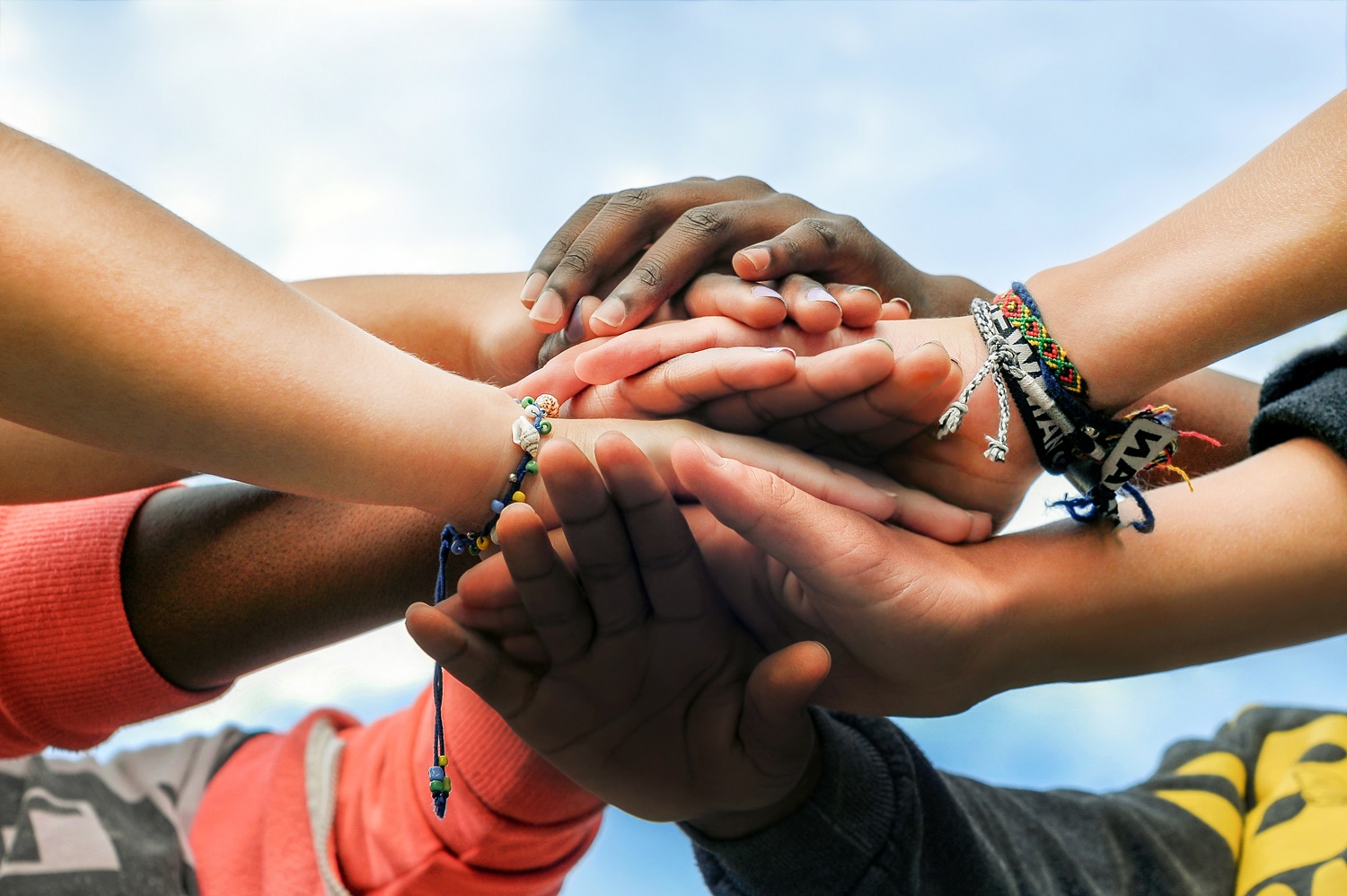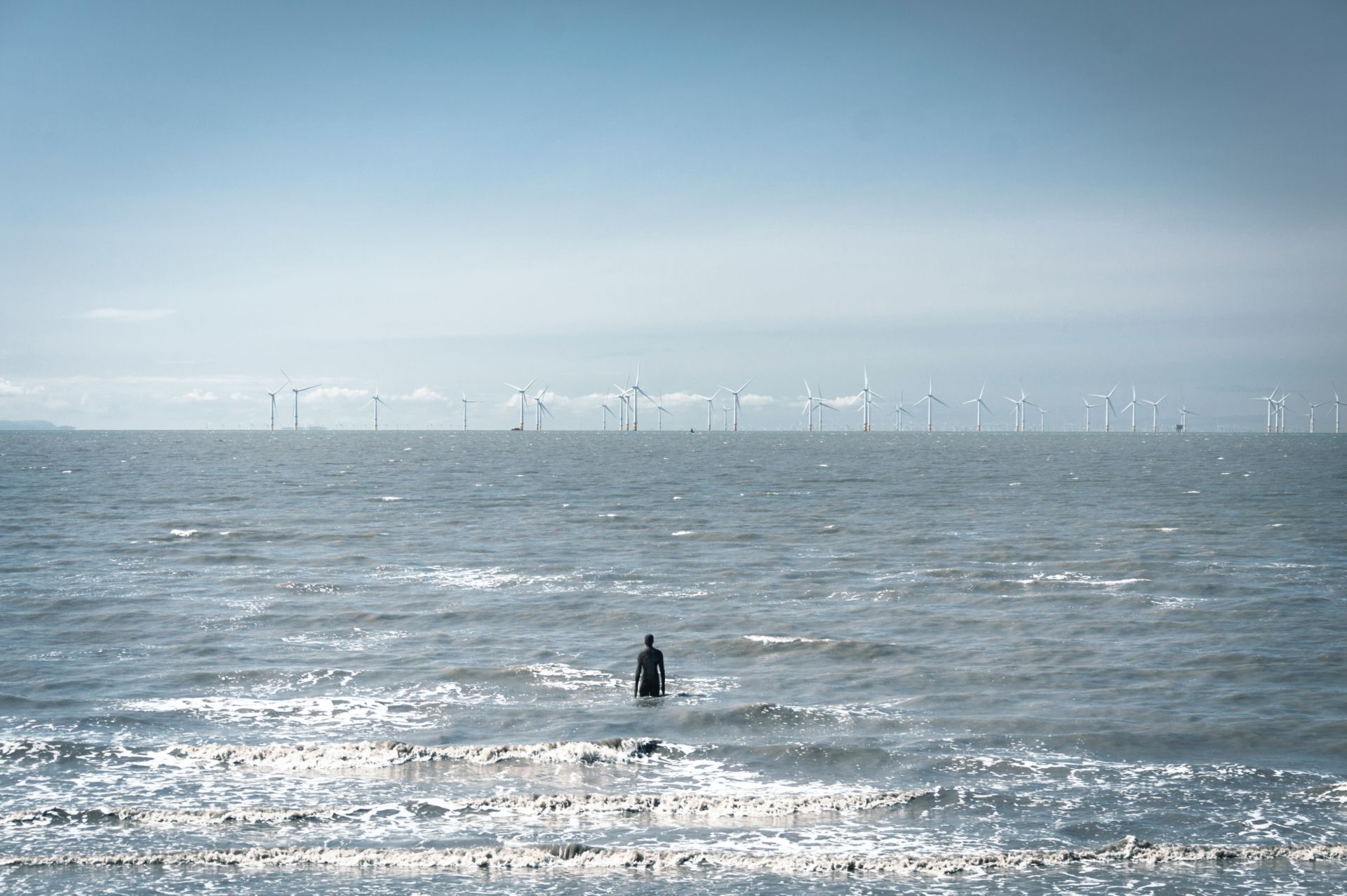More than 400 million young people, between the age of 15 and 29, live in fragile and conflict-affected contexts across the globe. This means that more than 400 million young people experience violence, face exploitation, miss out on education, and struggle to survive.
Amidst such challenges, young people have shown that they are able to play an active role, particularly at grassroots and local levels, as peacemakers, mediators, and peacebuilders. They:
- build social cohesion and trust across different groups;
- open channels and spaces for youth from across diverse backgrounds to work together and build a shared vision of a peaceful world;
- advocate for human rights and against violence in any form;
- support reintegration of young ex-combatants and the healing of multiple traumas of affected communities;
- strengthen capacities and skills of their peers; and
- advocate for youth and gender-inclusive peace negotiations and processes.
Yet, young people continue to face significant barriers to inclusion, support, and acknowledgment in peace processes. This limits their ability to play a meaningful role in shaping efforts to promote the cessation of or prevent a return to, violent conflict, as well as to contribute to building lasting peace in their contexts.
The potential for youth to contribute to peace-making and peacebuilding was recognised with the adoption of Resolution 2250 by the United Nations Security Council in 2015. As one of the five pillars of the UN’s Youth, Peace and Security (YPS) agenda, this included a commitment to ensuring the participation of young people in conflict prevention and resolution, violence prevention, and the promotion of social cohesion.
Seizing the occasion of the 1st anniversary of the latest YPS Resolution (Resolution 2535), which was adopted in July 2020, our aim in this article is to explore the challenges that young people continue to face in their work towards peace and what can be done to support their important contribution to peace processes. We do so by drawing on the findings of a project, Youth-Led Peace, we carried out at the University of Glasgow during 2020-21. For a more detailed account of our findings, see our new report on the role of youth in peace processes.
The objectives of the Youth-Led Peace project were to
- examine the barriers to and strategies for youth inclusion in official peace processes;
- take stock of the YPS agenda;
- investigate and emphasise the significance of youth leadership as peacemakers, mediators, and peacebuilders at grassroots and local levels; and
- explore pathways for promoting and investing in youth leadership in peace processes through meaningful partnerships, capacity building, and protection.
The project involved consultations with representatives of eight youth-led organisations from Afghanistan, Kenya, Liberia, the Philippines, Rwanda, Somalia, South Sudan, and Turkey, as well as a knowledge exchange workshop that brought together representatives from the UN, the UK’s Foreign, Commonwealth and Development Office, conflict resolution organisations, and youth-led peacebuilding organisations. Together, we examined the impact of the YPS on the ground to date and how it can be further advanced in the future to promote and support youth inclusive peace processes.
In what follows, we outline the key challenges to youth’s meaningful contribution to the peace processes and recommendations for moving forward which emerged from the project.
Challenges to youth contribution to peace processes
The challenges facing youth in peace processes may be summarized as follows:
- Young people are often excluded because of a perceived lack of experience and qualifications. Their practical and lived experience in conflict areas and within their communities is not sufficiently taken into account. While young people are eager to have access to more capacity-building opportunities, their exclusion from peace processes prevents us from benefiting from their unique skills and capabilities, supporting their capacity development, and shaping peace processes based on youth’s lived experiences and grassroots-level insights.
- They rarely have access to a sustainable flow of funds that would support their work on the ground without any interruptions. Their access to funding is limited due to the complexity of the bureaucratic systems that are difficult to navigate for youth organisations and the misgivings about the ability of young people to manage financial resources. Lack of funding prevents youth from reaching out and engaging with other young people, especially of more marginalised communities, as well as limiting their ability to establish equal partnerships with other organisations.
- Young people continue to be stereotyped as troublemakers hence the local resistance in some societies to treat them as agents of change. This is particularly strong in hierarchical societies where the elders dominate decision-making and leadership positions that do not give space to youth voices and contributions.
- Inclusive peace-building and peace-making may not be seen as local priorities – especially in light of some more pressing economic concerns, and young people speaking about peace may appear to be too foreign and even too western to local communities that reject outside interventions.
- Broader circumstances and conditions many young people live in hinder their leadership and participation in peace processes. For example, living in poverty and having limited access to vital social and physical infrastructure necessarily shifts the priorities of some young people from peacebuilding towards securing livelihoods.
- Young people are under-represented in political structures at all levels and in official peace processes where decisions that shape their world are made. Even where youth are included in official peace processes, not all young people are represented. Young people from poor, rural, and minority and marginalised political backgrounds are even more excluded from decision-making in peace processes.
- Despite living in unsafe environments, young people rarely have access to protection from actors that may target them for their work and beliefs or access to psychosocial support to help them deal with and heal from traumas caused by conflict and violence.

Recommendations for moving forward
While the international and national youth, peace, ad security agendas have supported progress in youth inclusion in peace processes, much work remains to be done to address the challenges we outline above and to fully acknowledge youth as agents of change. Our key recommendations to move forward towards more inclusive peace processes include:
- Develop equal partnerships with youth organisations to support youth-led and youth-owned peace initiatives as well as representation of young people in decision-making processes at all levels.
- Set up and support platforms for youth to represent their voices and experiences and to partner with each other to work towards peace together.
- Create safe online and face-to-face spaces for youth to work together, learn from each other, and receive support and training from peers and more senior experts. This should include access to mental health support to help them deal with any trauma they may have.
- Ensure a sustained provision of funds, technical resources, and guidance to support youth-led peace initiatives of different types.
- Facilitate youth’s capacity building relevant to their individual and contextual needs to ensure they can design, initiate, and complete successful peace initiatives and confidently participate in peace processes.
- Incorporate diverse and intersecting backgrounds and needs of young people in research, policy, and programming to ensure that support is targeted to address and redress relevant issues. Additionally, develop a research agenda around the role of youth in peace processes where youth’s agency and voices are placed at the centre.
- Support the change in the mindset of authorities and gatekeepers to alter their perception and treatment of young people. Strengthen capacities of these actors so that critical international policies are operationalised internationally, nationally and locally to support local populations.
- Let youth voices be heard on their own terms, without expecting them to subscribe to the predetermined aims of a peace process, or of (liberal) peacebuilding in general.
- Address the different forms of disadvantage, exclusion, and marginalisation young people face, including poverty, unsafe environments, poor healthcare and education, among others.
The recommendations that have emerged from our project require a drastic change in mindset from many people within local, national and international spheres, especially persons in authority. It is worth noting that several of the recommendations actually apply to the inclusion of many underrepresented groups in peace processes and are not specific to youth, such as women, Indigenous peoples, minorities, refugees and internally displaced people.
However, the tendency to ignore youth and to consider the younger generations as prone to violence and radicalisation has presented unique challenges to youth inclusivity in peace processes and requires tailored pathways for change. By not investing sufficiently in young people’s agency in peace processes and beyond, the world is missing out on a significant ‘peace dividend’.
Related articles:
Integrating Peace, Justice, and Strong Institutions
Progress on the ‘Peace Goal’: Are We Truly Achieving It?
Editor’s Note: The opinions expressed here by Impakter.com columnists are their own, not those of Impakter.com. — In the featured image: Young people joining hands together in cooperation. Credit: vasara.










